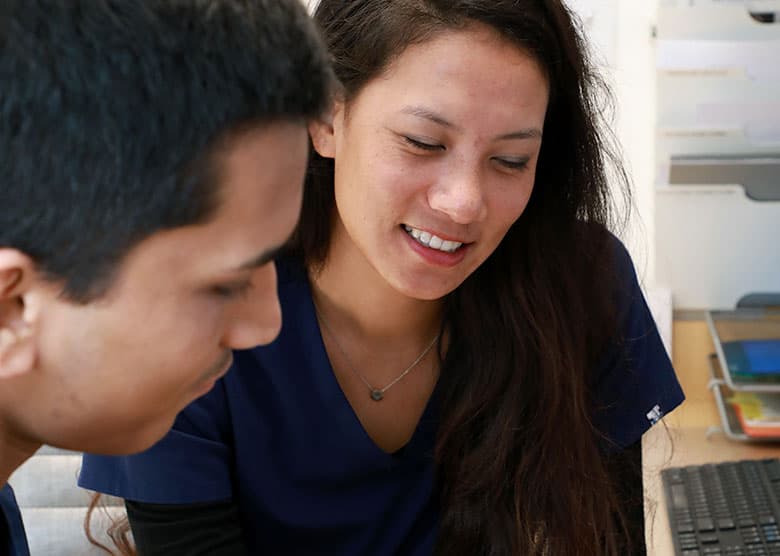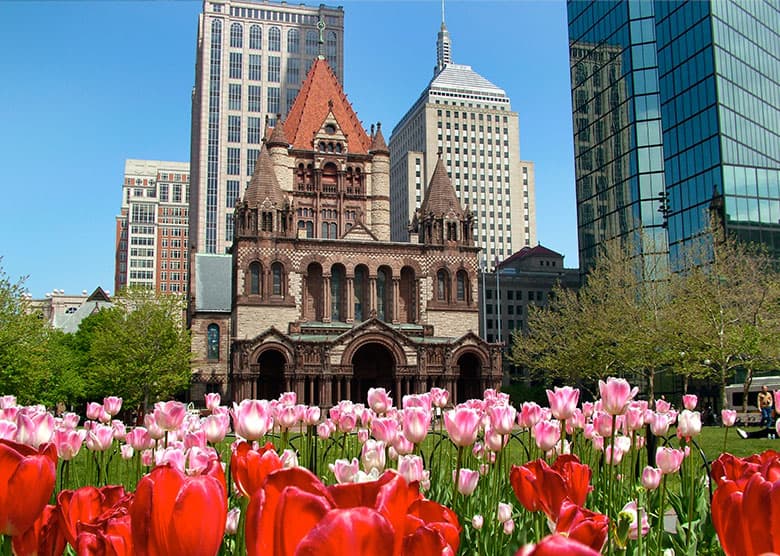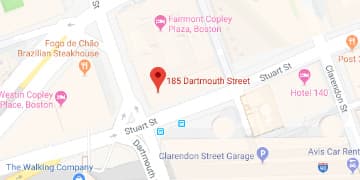Rosacea Awareness
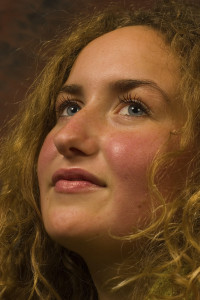
Rosacea is a widespread inflammatory skin condition affecting many US individuals. The Dermatology Institute of Boston strives to educate people about this condition and help them communicate effectively with their doctor if they suspect they have it.
In this article, we provide people with a chance to learn more about this skin condition and how to take care of their skin
What is rosacea, and what are some common symptoms?
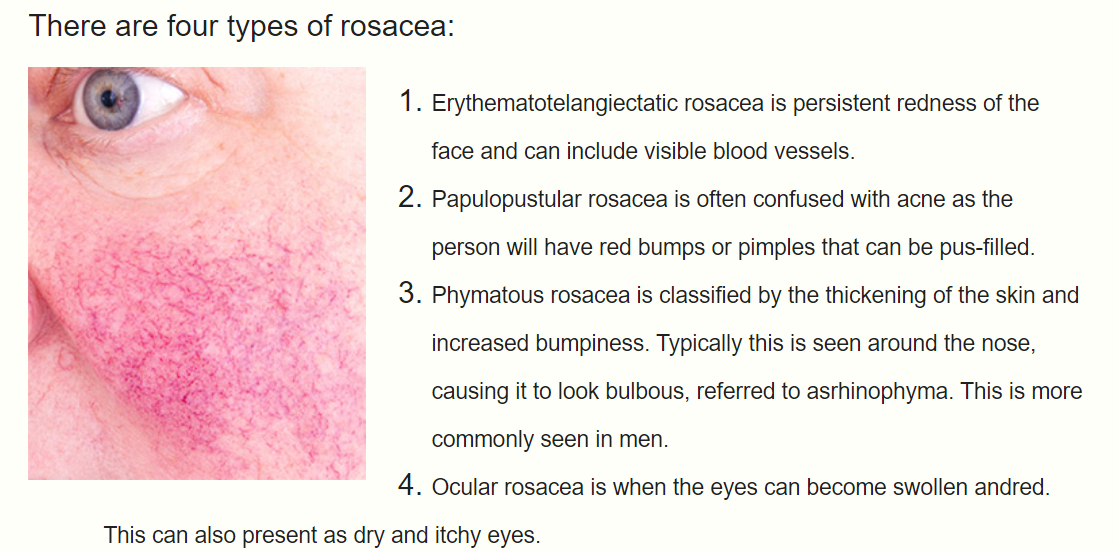
Rosacea is a chronic skin condition that affects more than 16 million people in the United States alone. There are four types of rosacea, each with its unique symptoms. The most common rosacea symptoms include facial redness, frequent blushing or flushing, bumpy skin texture, and sensitivity. Other recognizable symptoms include eye irritation, visible blood vessels, and swollen red bumps. It is important to note that rosacea can often be confused with other skin conditions, such as acne or eczema. However, there are significant differences in the appearance of these conditions, and a dermatologist can provide a proper diagnosis. Early detection and treatment can relieve symptoms and reduce skin damage, even though the condition is not curable.
Recognizing rosacea triggers
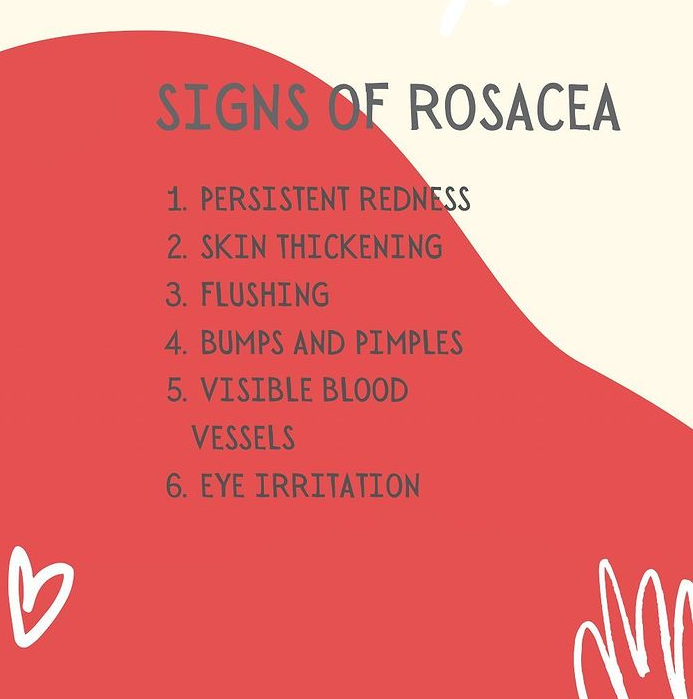
Rosacea triggers can be frustratingly elusive, making it difficult for those suffering from this skin condition to maintain a clear complexion. However, recognizing these triggers is vital in managing the symptoms of rosacea. Common triggers include extended sun exposure, heightened levels of stress, sensitivity to certain foods and drinks, such as spicy dishes or alcohol, as well as certain skin care products. Understanding what triggers your rosacea can be difficult, but keeping a journal of your reactions is a good start.
Tips to reduce rosacea flare-ups
There are a few things that can help keep your flare-ups in check. One of the key ways to manage symptoms is by minimizing stress, which can exacerbate many conditions, including skin problems. It is easier said than done, but managing stress levels can help reduce flare-ups. Another tip is to keep a simple and consistent skincare routine. Stick to gentle cleansers, reducing or eliminating acids and retinoids during flares, and apply a sunscreen of SPF 30 or higher to protect your skin from the sun. The last tip is to take precautions to protect your skin from heat and cold. To prevent flare-ups, use SPF, seek shade in hot weather, and use a skin protectant in cold weather, as extreme temperatures can be triggers.
Treatment options for rosacea
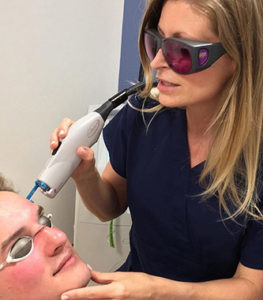
Although there is no known cure for rosacea, several treatment options are available to manage your symptoms. Topical treatments such as creams, gels, and lotions are commonly prescribed to decrease inflammation and redness. Oral medications like antibiotics can also be used to reduce the number of pimples and ease inflammation. In some cases, laser therapies (PDL) can be performed to target blood vessels and decrease redness. You and your doctor can work together to find the best treatment option.
At Dermatology Institute of Boston, we have physicians who will help you determine the best treatment options for your skin care needs. Treatment will take time, but we are here to help you.
Additional resources
- Many resources are available for those looking to learn more about rosacea or those seeking support.
- Acne and Rosacea Meeting run by Dr. Emmy Graber – https://armmeeting.com
- The American Acne and Rosacea Society – https://acneandrosacea.org
- American Academy of Dermatology Association – https://www.aad.org
- Rosacea Support Group – https://rosacea-support.org

